Ensure product quality and safety with the right quality management system for the Food industry.
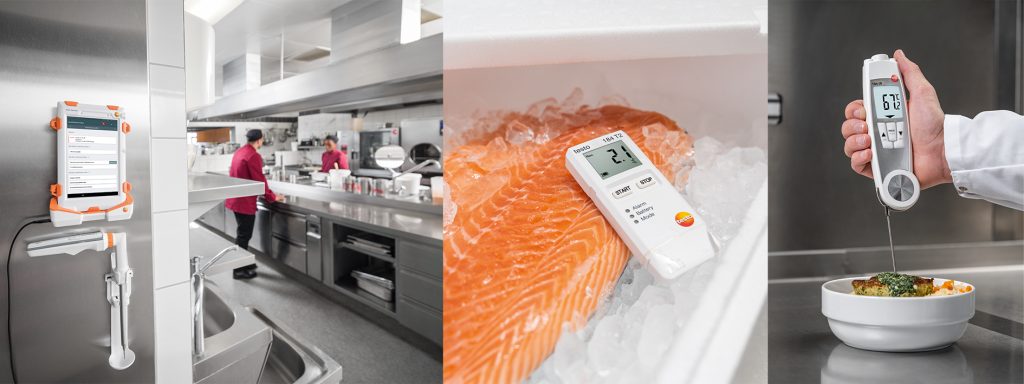
In the food industry, quality control is a top priority. When working with perishable items, extra precautions need to be taken to ensure that the final food products are not only safe for consumption, but also enjoyable.
In order to maintain regulatory standards, restaurants, commercial kitchens and food service operators must utilise quality management technology throughout every step of the business process, from the supply chain to the people enjoying the meal.
This requires diligence, resourcefulness and most importantly … the right equipment.
What does food safety and quality mean?
Maintaining food safety and quality means ensuring that the food products that make their way to consumers are safe to eat and will not cause spoiled food related illness. The most common food-related illness consumers face is food poisoning, which affects an estimated 4.1 million Australians each year.
Many factors can affect food safety and quality, like the temperature at which it is kept, how it’s cooked, cleanliness of the food and surrounding areas and the duration that it is stored. Some of these qualities are easy to monitor with little to no equipment, like the age of food items. Others, like the temperature of the products and the environment, require effective technology for complete and effective monitoring.
Why is quality control important in the food industry?
Food Standards Australia New Zealand (FSANZ) is the governing body for food safety requirements and there are continuous updates to the standards. The most recent one affecting all food businesses, which relate to stricter standards around food handler training, the need for a trained food safety supervisor and proper record keeping (Standard 3.2.2A) will come into effect on the 8 December 2023.
Businesses in the food industry have a legal obligation and a moral responsibility to ensure that the products they serve or sell to their customers are safe for consumption. While symptoms of food poisoning can be as mild as slight discomfort, they can be as serious as death.
Food poisoning can be attributed to a variety of different causes. There are many bacteria that can grow in food and cause symptoms ranging from mild to serious. The most common foodborne pathogens are salmonella, campylobacter and E. coli, all of which can occur in raw or undercooked foods and can cause death when severe.
An estimated 600 million people around the world contract a foodborne illness every year, and 420,000 of these people die as a result, according to the World Health Organisation. While some instances of unsafe food are difficult if not impossible to catch, most can be prevented or discovered through maintaining food safety standards and implementing hazard analysis.
Ensuring food safety and quality requires the right equipment for cold chain management including proper storage.
Monitoring temperatures in several locations and for many different products can be a headache to track manually. Fortunately, Testo has the right equipment, the right technology to make food safety management easier whether at the food production stage, or when receiving goods or even during transport. If however, an automated quality management system is what would suit best in your specific operation, Testo has a simple, compliant and intuitive solution as well with sensors, software and service included.
Contact Testo – your food safety monitoring partner to find the right technology.
(03) 8761 6108 or info@testo.com.au








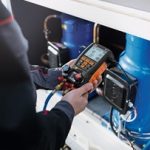

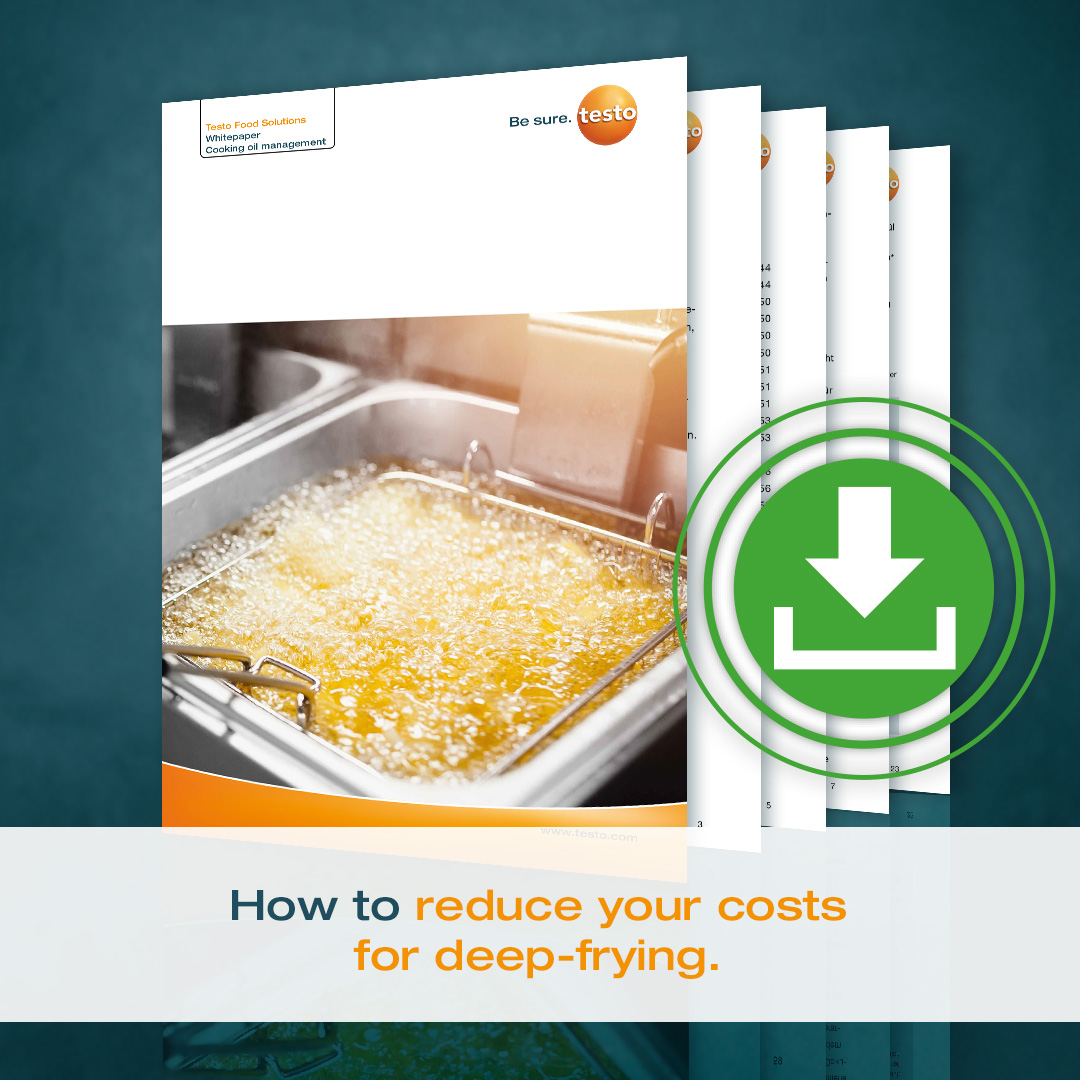 Reduce cooking oil costs while ensuring quality
Reduce cooking oil costs while ensuring quality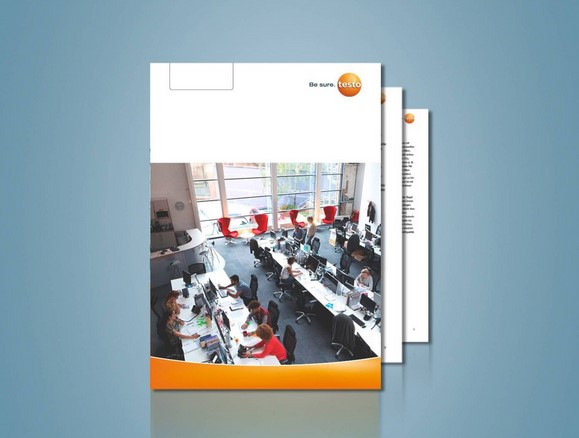 Expert knowledge on CO2 monitoring
Expert knowledge on CO2 monitoring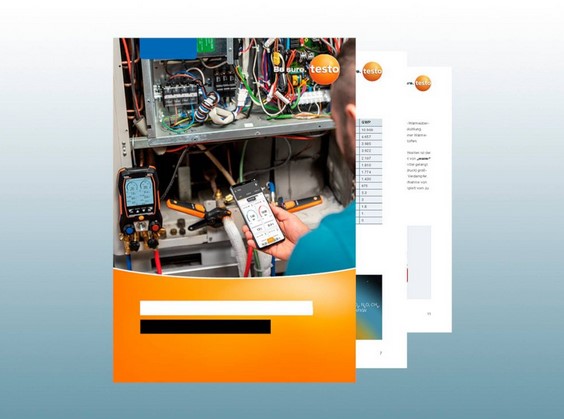 Refrigeration knowledge - in 3 modules
Refrigeration knowledge - in 3 modules



